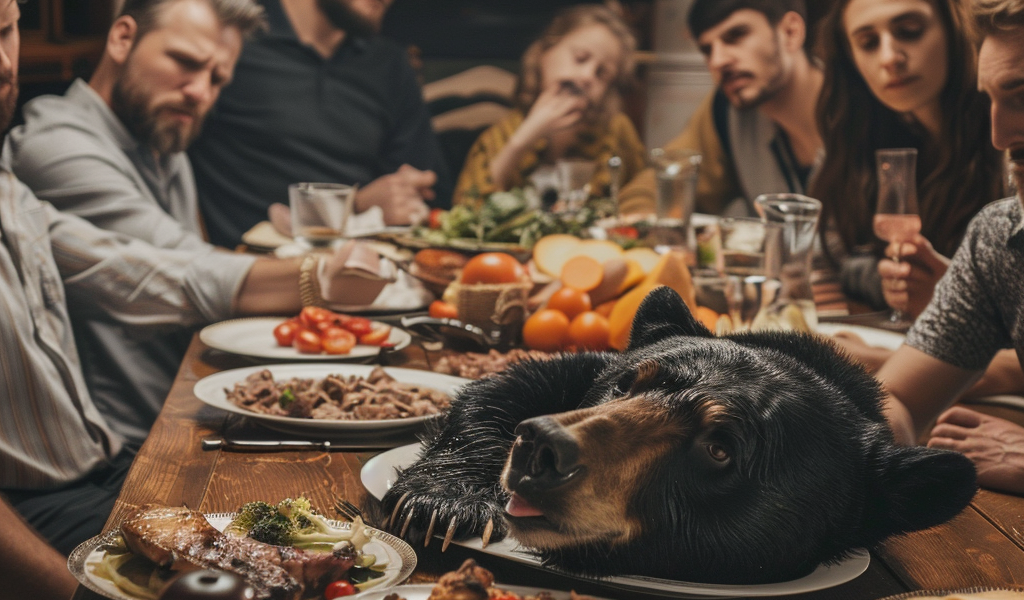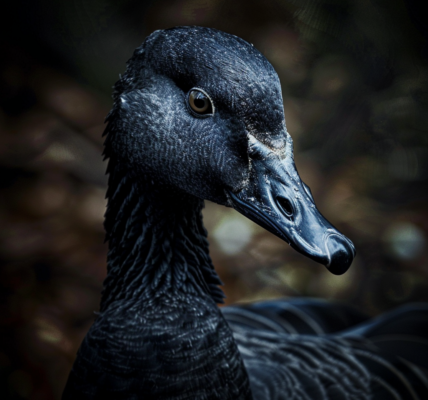Six people in the US have been diagnosed with trichinellosis, a parasitic zoonotic disease, after consuming a meal that included black bear meat kebabs. The Centers for Disease Control and Prevention (CDC) released a report detailing the incident that occurred in July 2022.
The first case was reported when a 29-year-old patient with symptoms of fever, severe muscle aches, eye swelling, and elevated levels of eosinophils was hospitalized in Minnesota. The individual had consumed black bear meat that had been frozen for 45 days before being served rare with vegetables.
Further investigation revealed a total of six trichinellosis cases, with two individuals affected who had only consumed the vegetables cooked with the contaminated meat. Trichinellosis is caused by trichinella larvae found in meat from animals like bears, wild boars, or walruses.
Analysis showed that the larvae in the bear meat had been frozen for over 15 weeks and belonged to the freeze-resistant species trichinella nativa. The CDC emphasizes the importance of thorough cooking to eliminate trichinella parasites and prevent cross-contamination of other foods.
Prior to the onset of symptoms, the infected patient and eight family members from different states had gathered in South Dakota for a few days. The black bear meat had been obtained from northern Saskatchewan, Canada, in May 2022 and was mistakenly served rare during the meal.





